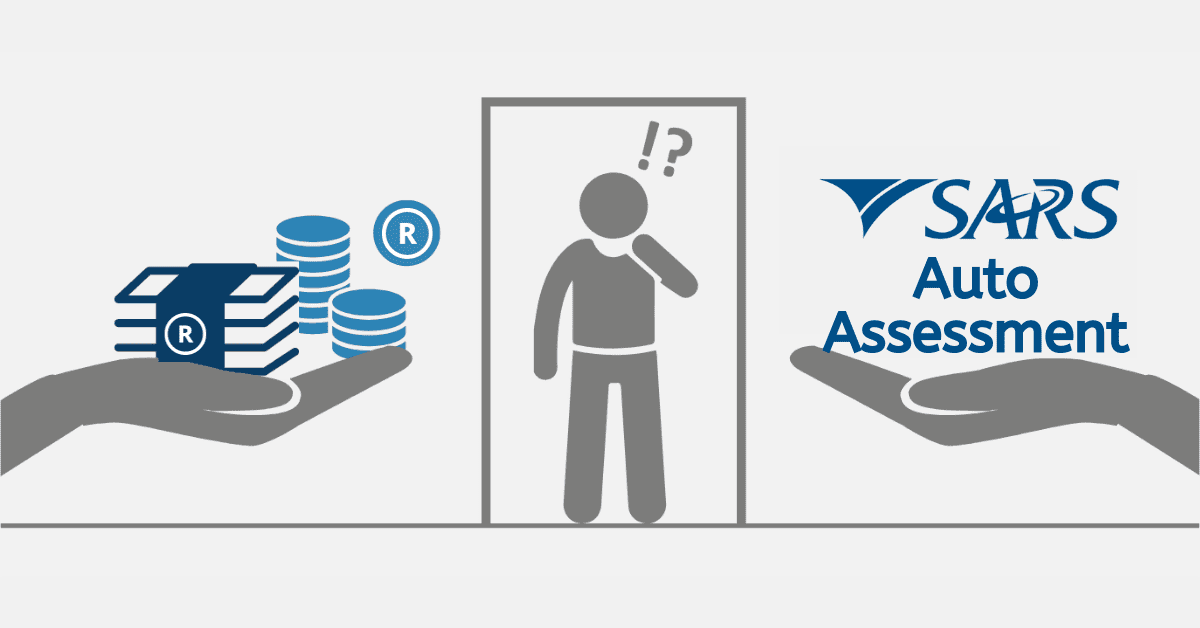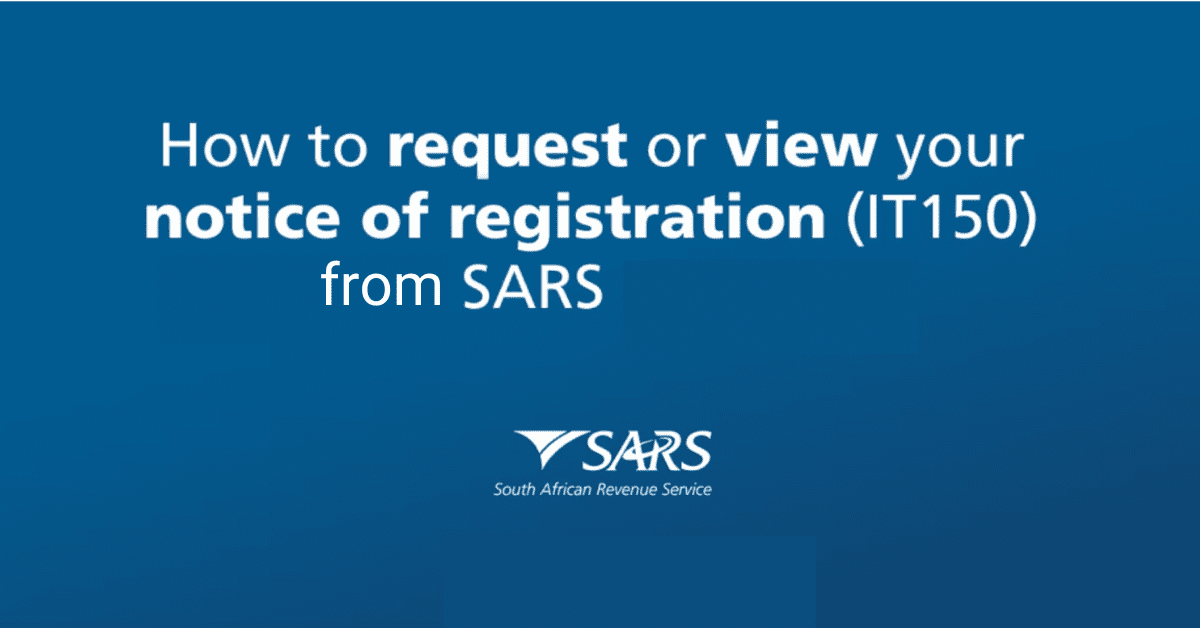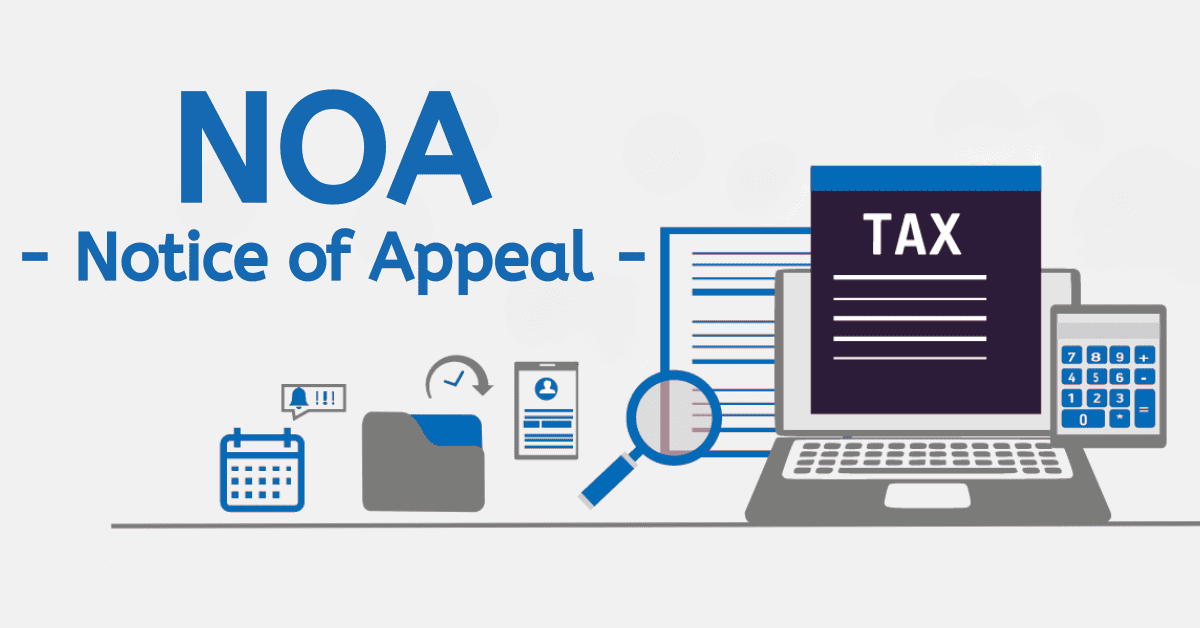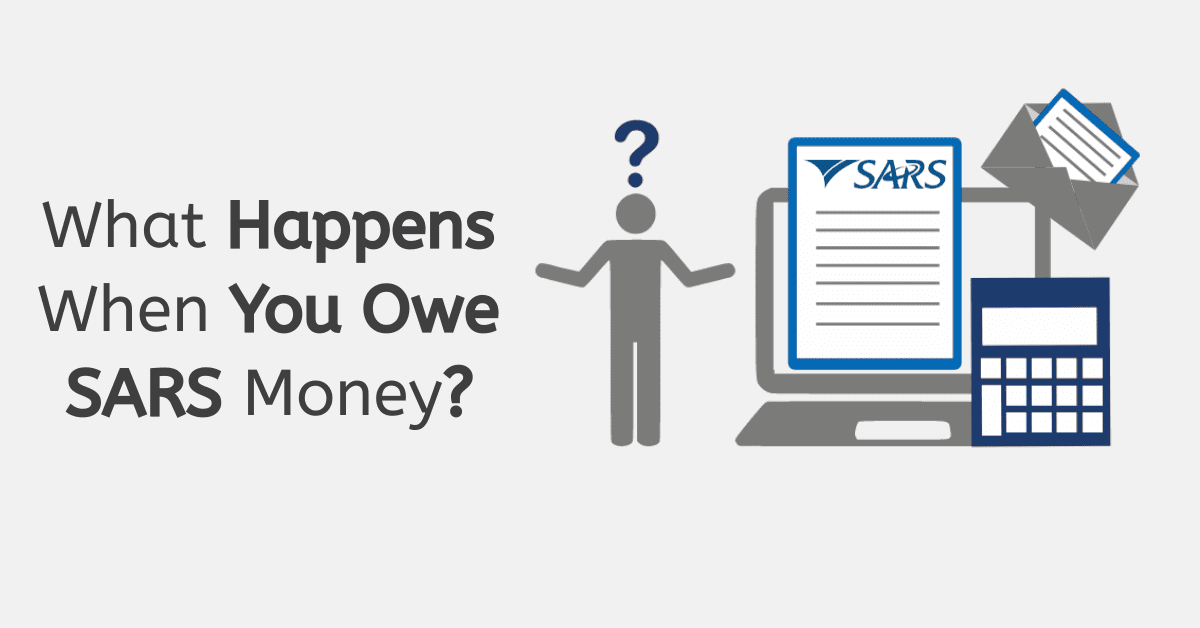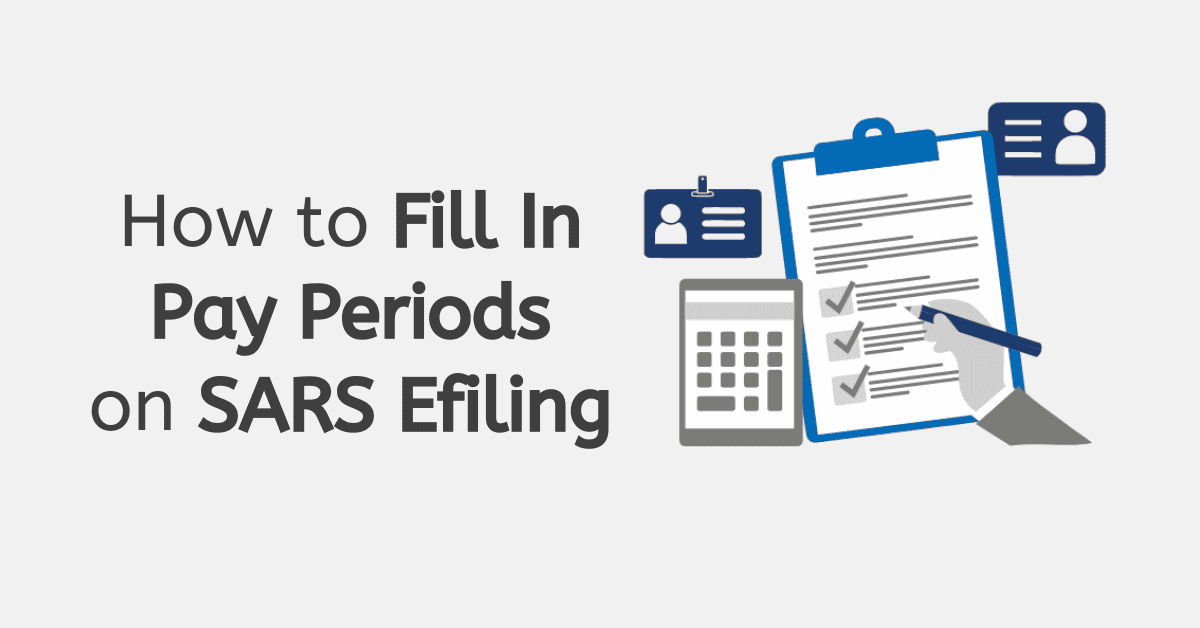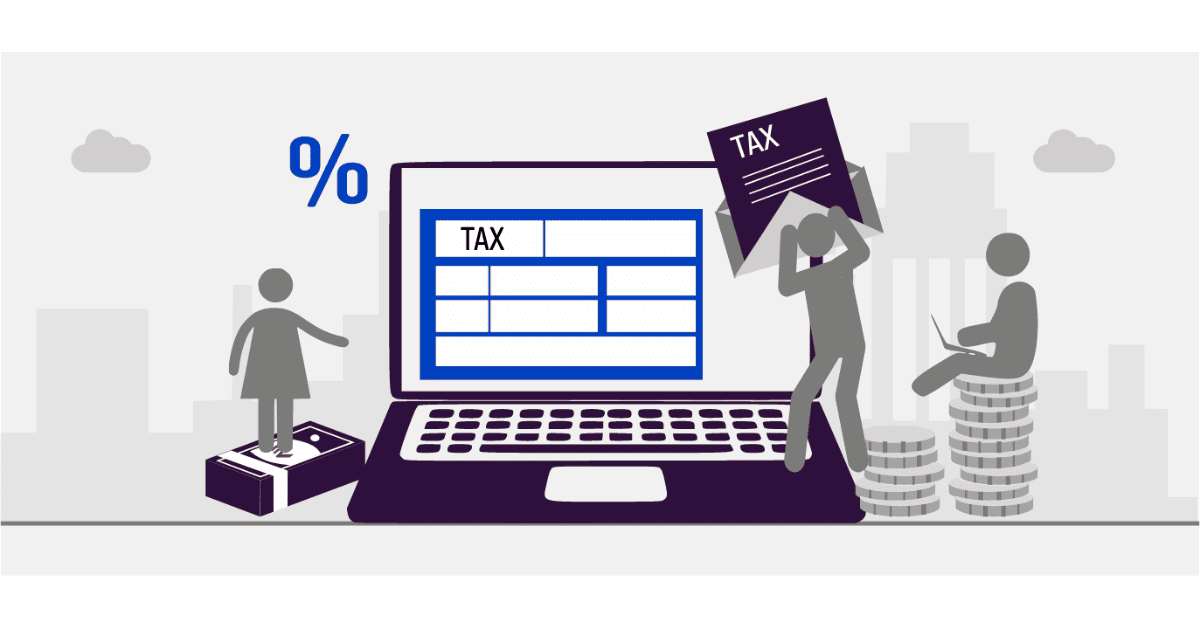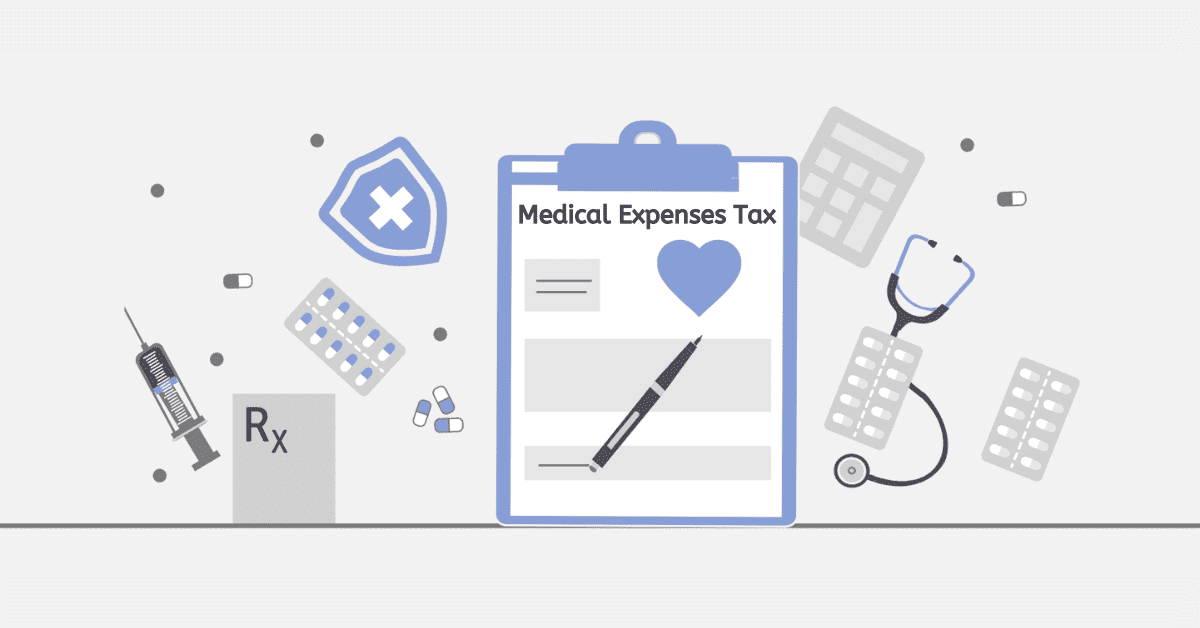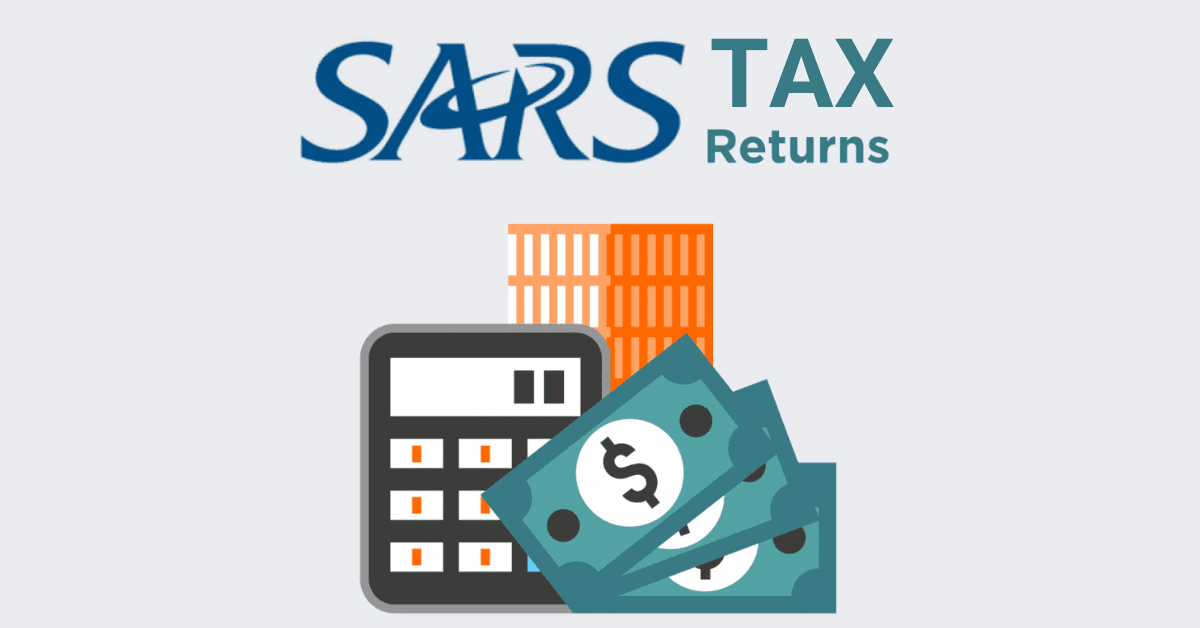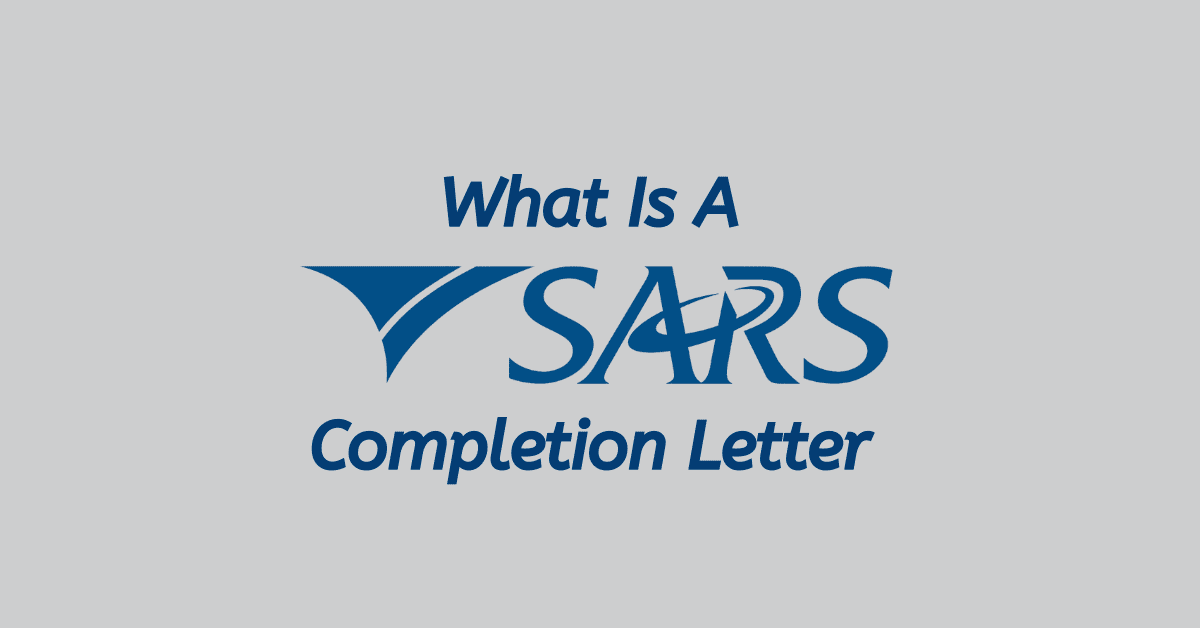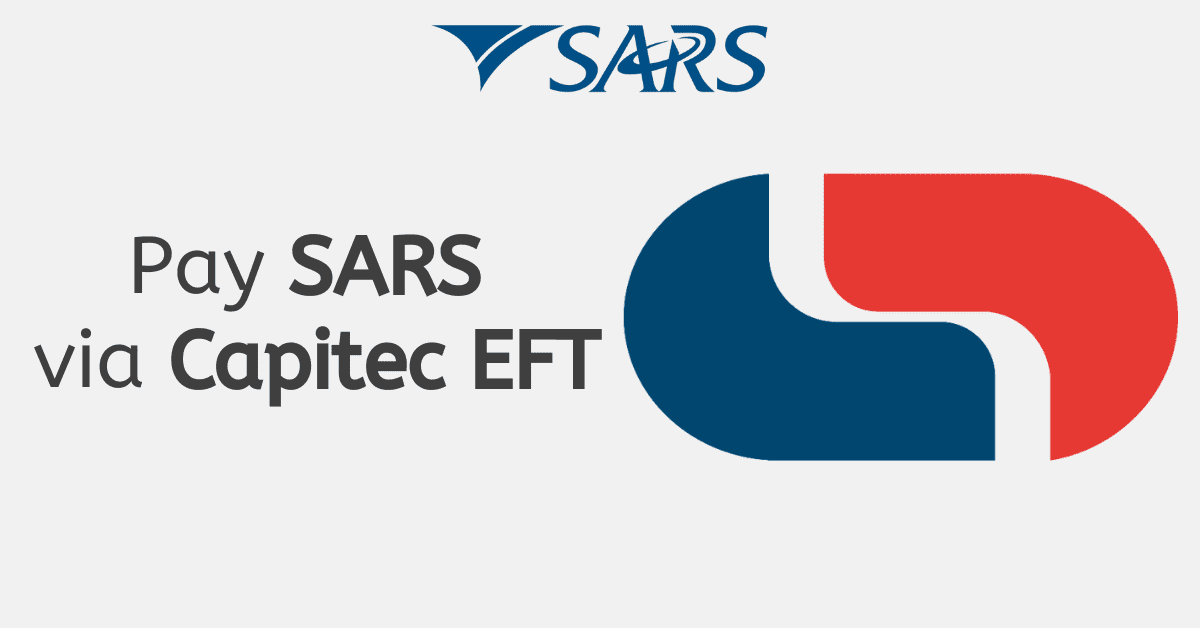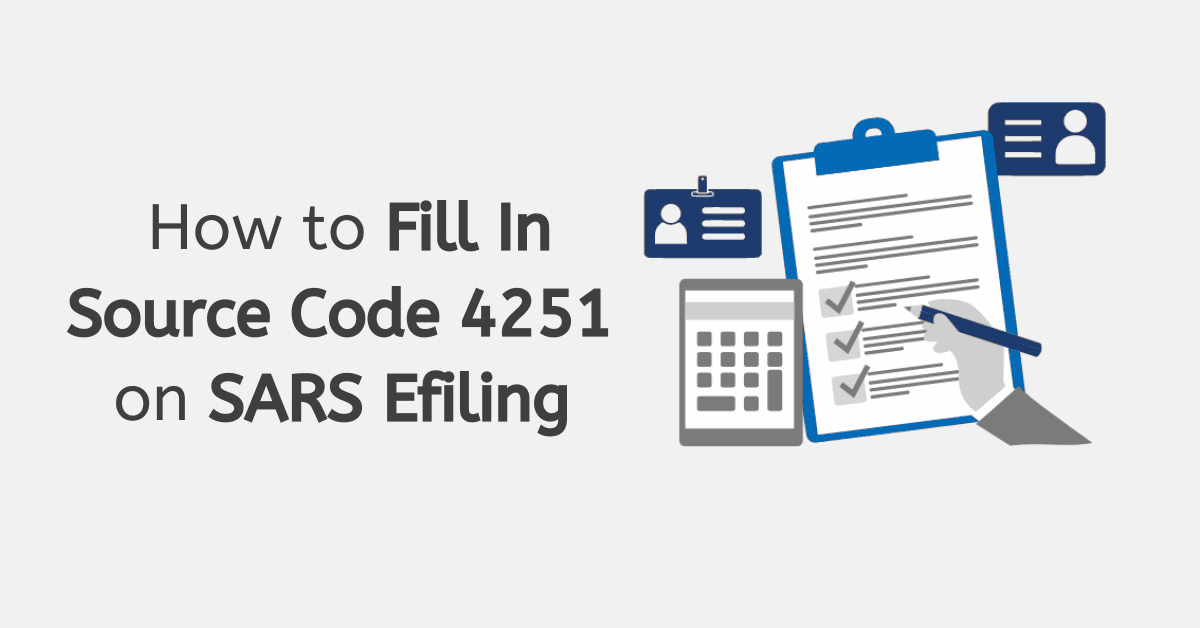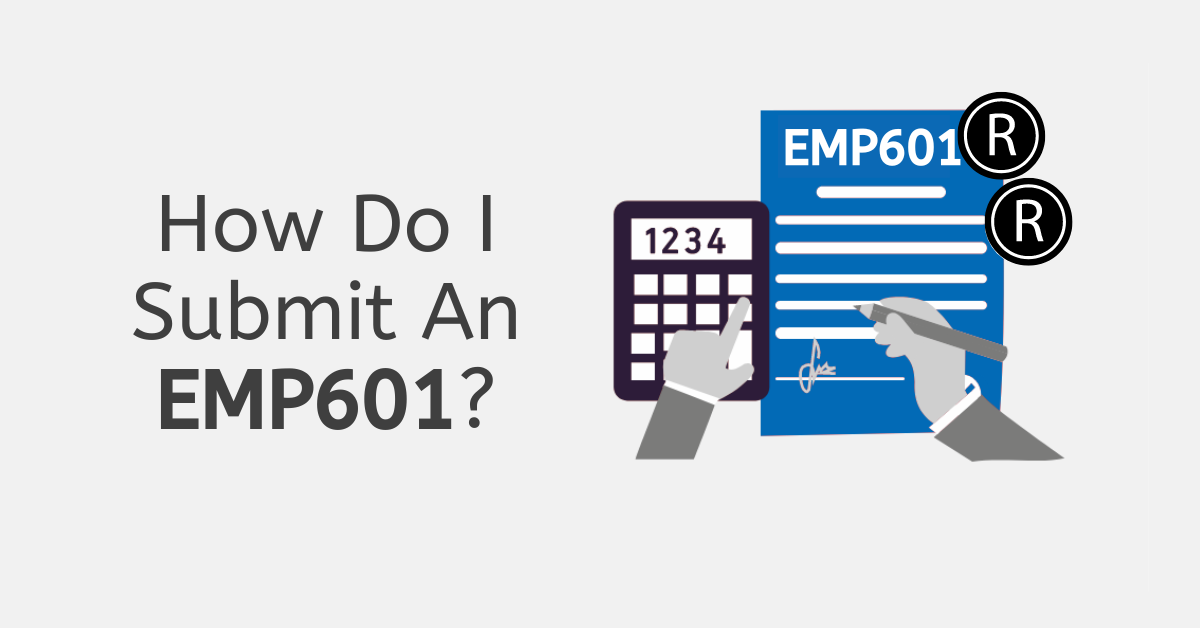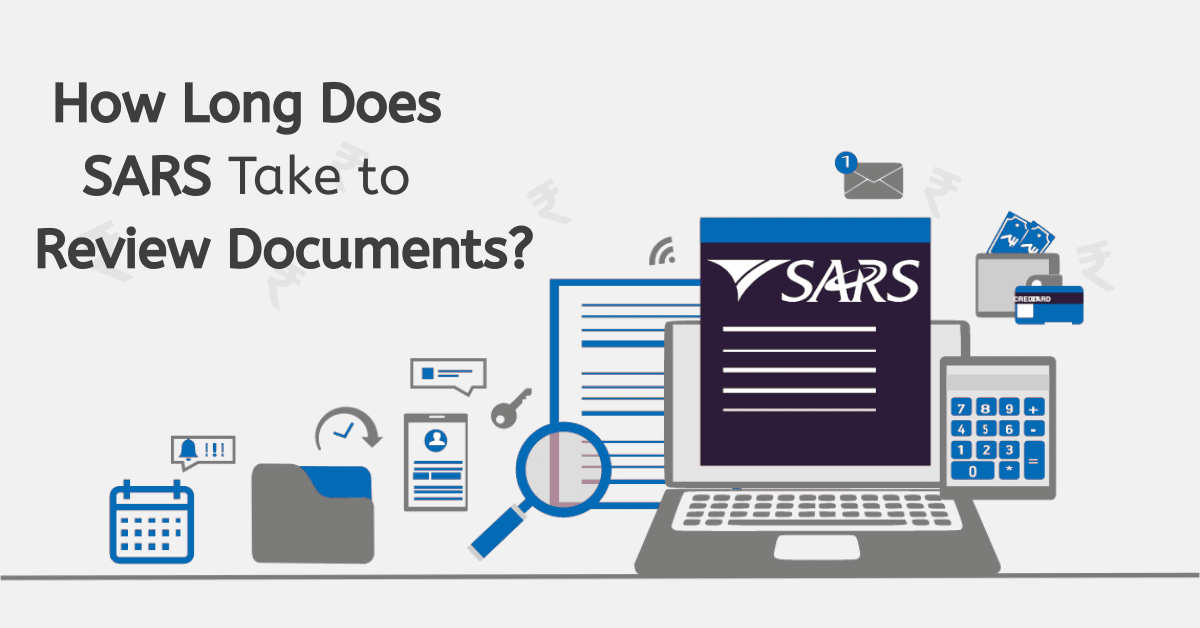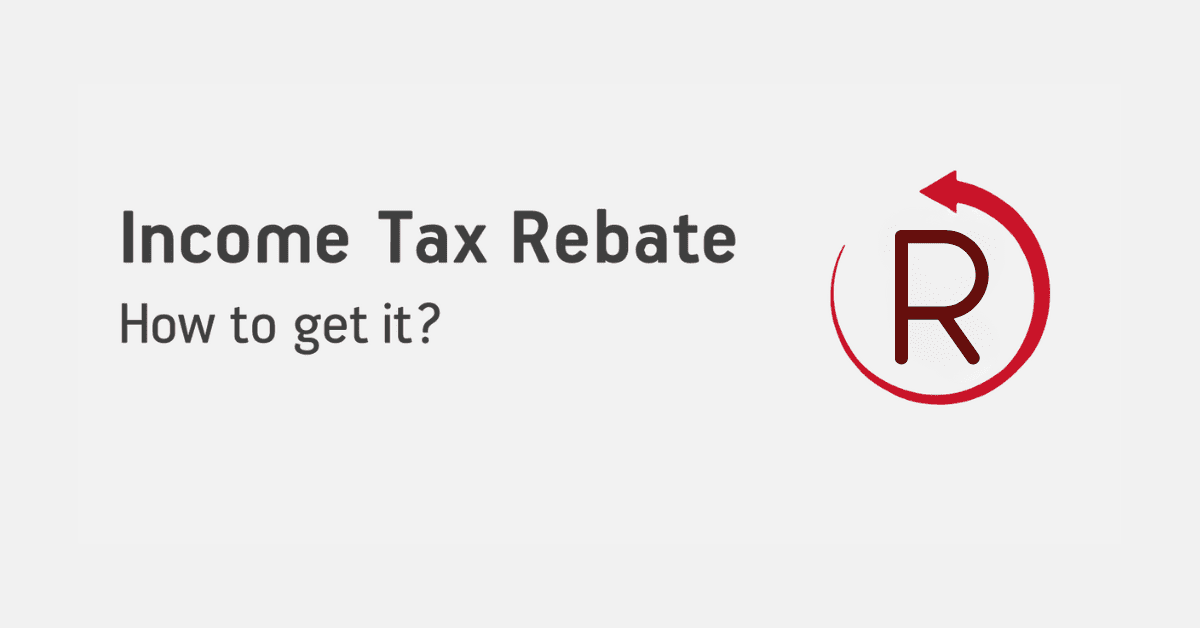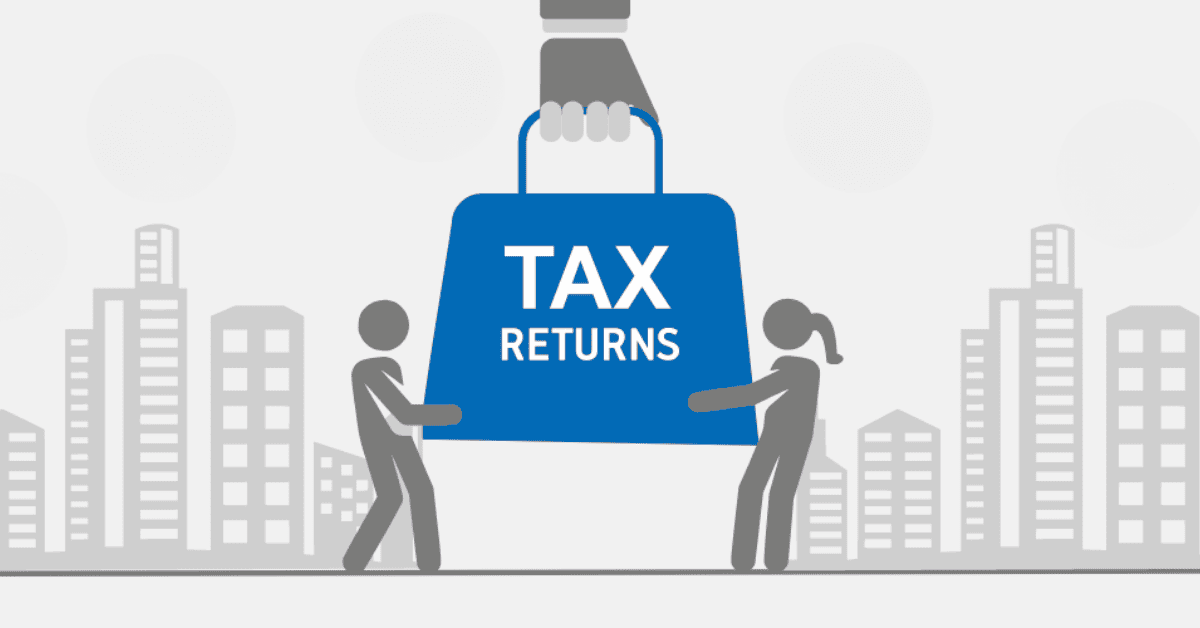For most people, your home will be the biggest asset you ever purchase. The process of buying a property in South Africa can be fraught with administrative delays and issues if your affairs are not in order- especially regarding your tax obligations! Here are the answers to some common questions around tax clearance on the buyer’s side in South Africa to help.
What is Property Tax Clearance?
Property tax clearance is a certificate issued by the local South African municipality to show that all property rates and taxes on a specific property have been fully settled. This certificate is required by the conveyancer or attorney when a property is sold or transferred to a new owner.
The property tax clearance certificate shows the buyer that there are no outstanding rates and taxes owed on the property at the time of the sale. The certificate is usually valid for a short period, typically between 60 to 90 days, and must be obtained before the transfer of ownership can be registered with the Deeds Office. They came into being after several contentious transfers of property with large municipal debt, which, at the time, could not be pinned to the new owner nor collected from the old. Now, all outstanding municipal debt must be settled at the time of transfer, or the buyer will have to settle it to reconnect municipal services.
To obtain a property tax clearance certificate, the seller or their conveyancer will need to request it from the municipality and provide proof that all outstanding rates and taxes have been paid. The municipality will then conduct a search to verify that all amounts owing have been paid in full and, if so, issue the certificate.
Do be aware that the property tax clearance is a different document from your tax clearance for income tax purposes, which is issued by the South African Revenue Service (SARS) and is also required when buying (or selling) certain types of assets, including property.
Do I Need a Tax Clearance When Buying a Property?
Yes, in South Africa, you generally need a tax clearance certificate when buying a property. This is required by law under the Transfer Duty Act No. 40 of 1949 and is part of the process of transferring ownership of a property from the seller to the buyer.
People are often confused about whether the buyer, seller, or both require the tax clearance certificate. It’s important to understand that property transfers are often used as a veiled way to ensure tax compliance across the board, so both parties will need to have their tax affairs up-to-date if they wish the process to go smoothly. Often (although not always), the most focus is put on the tax clearance certificate of the seller, but the buyer will not be exempt from tax scrutiny.
If you’re a foreign buyer, you may also need to obtain a tax clearance certificate from your home country in addition to the one required by South Africa. This can vary depending on your country of origin and the rules governing tax clearance for property transactions.
Complicated parts of the process like this mean that if you’re buying a property in South Africa, it’s best to consult with a qualified tax professional as well as your real estate agent to ensure you understand all the legal requirements and have all the necessary documentation in order, including a tax clearance certificate.
Can you Buy a Property Without a Tax Number?
To buy property in South Africa, you will need to be a registered taxpayer. And if the first time you ‘arrive’ on the SARS radar is with a large asset purchase like real estate, questions will inevitably be asked about your income source and how the property financing has come to be. So, while it is technically possible to purchase property without a tax number in South Africa, in practicality, you cannot. Additionally, you will not be able to meet requirements (like the tax clearance certificate) without your tax affairs fully up-to-date. This is one aspect of your finances it is worth ensuring are in good order before you enter the property buying funnel.
How Much Does a Tax Clearance Certificate Cost?
The Tax Clearance Certificate system has recently been revamped by SARS and is now called your ‘tax compliance status’. It is a free service (for individuals) generated through the SARS eFiling platform. You will only incur costs for getting your ‘tax clearance certificate’ if you use a third-party service (like an accounting firm or your conveyancer) to get this data.
For companies and trusts, a very nominal fee (currently under R100) may be charged from SARS for the same service. Again, use of a third party to help you get your tax affairs in order may incur a charge.
Why Do You Need a Tax Clearance?
Tax Clearance Certificates are used for many reasons; each focused on ensuring the taxpayer in question is in good standing with SARS and compliant with due tax. They are needed:
- When buying or selling property, to show that you’re up to date with your tax obligations.
- If you want to bid for a contract or tender with the government or other public entity
- Some types of licenses and permits, such as liquor licenses, may require a tax clearance certificate as part of the application process.
- If you’re applying for funding or loans, the lender may require a tax clearance certificate to verify your financial status and ensure that you have no outstanding tax liabilities.
- If you want to register as a vendor for Value Added Tax (VAT) purposes, you’ll need a tax clearance certificate to show that you’re compliant with tax laws.
While the tax compliance side of the real estate process in South Africa can seem complex, it will be considerably smoother if you have your tax affairs in order, and it’s worth addressing this issue before you begin the process of buying property to avoid delays and disruptions affecting the purchase.
